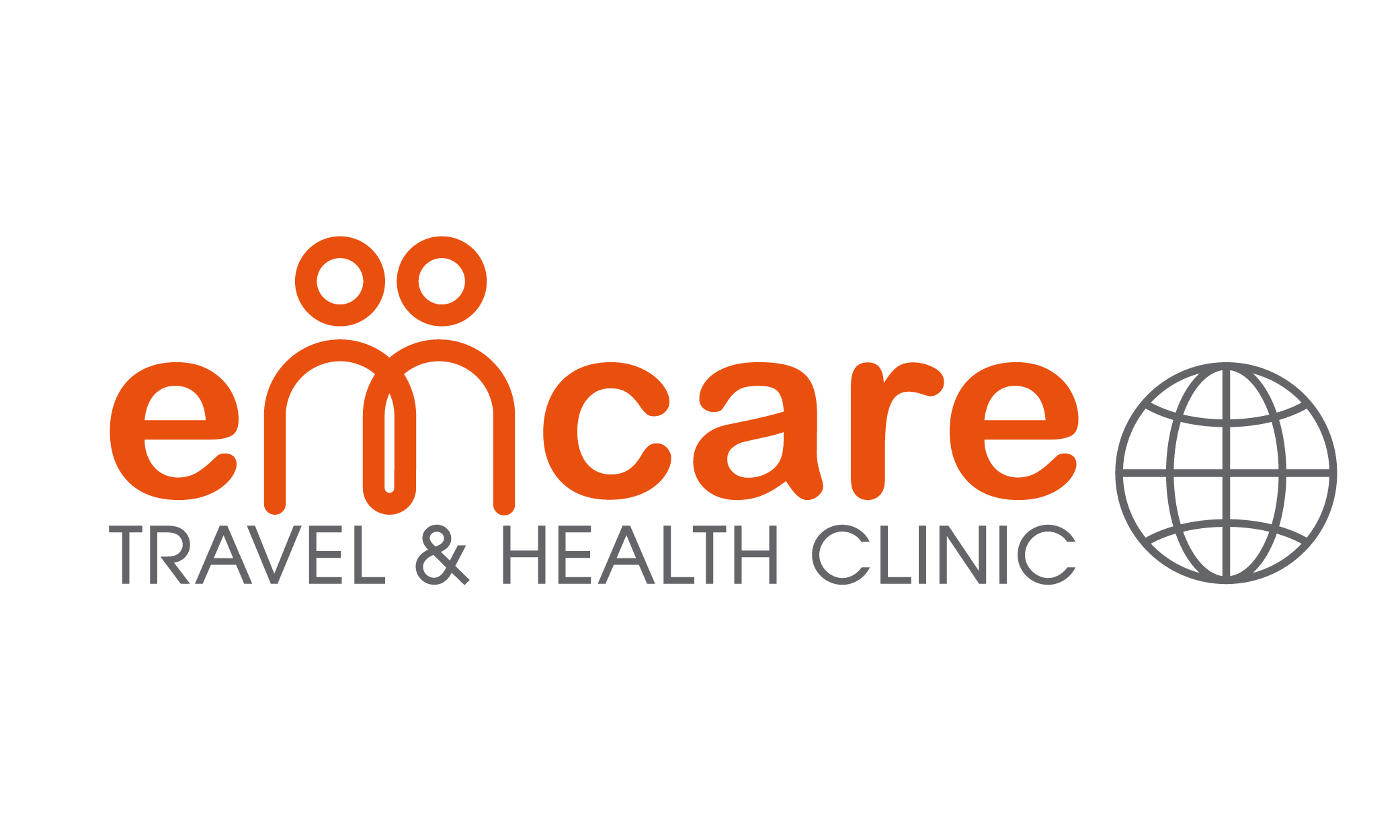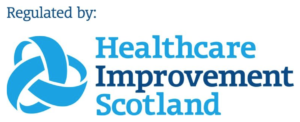Planning business travel goes beyond booking flights and hotels. Ensuring employee safety during international trips is a key responsibility for UK companies. Corporate travel vaccinations and vaccination programmes are essential elements of protecting staff from preventable illnesses while abroad. Understanding legal obligations and implementing best practices for travel health helps businesses safeguard their workforce, maintain productivity, and avoid costly health incidents. Using a reputable travel clinic ensures employees receive accurate, destination-specific advice and immunisations tailored to their roles and itineraries.
Legal Duty of Care for Employers
Under the Health and Safety at Work Act 1974, UK employers have a clear legal duty of care to protect the health and safety of their employees, including during international travel. This duty extends to identifying risks, providing guidance, and offering medical support where needed. Failure to meet these obligations can result in legal consequences and damage to the company’s reputation.
Employer Responsibilities for Risk Assessments and Travel Health Planning
A proactive approach to travel health begins with risk assessments. Employers should:
- Identify countries employees will visit and the associated health risks.
- Check required or recommended vaccinations for each destination.
- Consider other travel health needs, including malaria prophylaxis, altitude medication, and access to local medical care.
- Provide clear guidance on insurance and emergency contacts.
Integrating vaccination programmes into corporate travel policies ensures that employees are prepared for potential health challenges and reduces absenteeism due to illness.
Vaccination Requirements for Common Business Destinations
Many UK companies send staff to countries in Asia, Africa, and South America, where travel vaccines are often necessary. Key immunisations for frequent corporate destinations may include Hepatitis A, Hepatitis B, Yellow Fever, and Typhoid. A professional travel clinic can assess each employee’s individual risk and provide the correct vaccines, ensuring compliance with both UK and international travel requirements.
Common Misconceptions About Corporate Travel Health
Despite best intentions, businesses often misunderstand travel health. Some common misconceptions include:
- Believing that routine vaccines cover all travel-related illnesses.
- Assuming employees can self-manage travel health without professional advice.
- Underestimating the importance of up-to-date vaccination records and follow-ups.
Addressing these misconceptions early prevents illness-related disruptions and costly emergencies abroad.
Real-World Examples and Prevention
Consider a case where a company sent staff to West Africa without Yellow Fever immunisations. One employee contracted the disease, leading to medical evacuation and project delays. Such incidents are avoidable through proper risk assessment and adherence to corporate vaccination programmes.
Book a consultation today at Emcare Travel Clinic to ensure your employees are fully protected and compliant with international health requirements.
Here’s a professional, slightly friendly, persuasive, and SEO-focused blog post based on your outline. I’ve incorporated the requested phrases corporate travel, travel vaccines, and occupational health each once, and the word count is over 496 words.
Planning and Implementing a Corporate Vaccination Strategy
For businesses with employees who travel regularly, protecting staff health is more than a compliance measure—it is a vital investment. A well-designed corporate vaccination strategy can reduce absenteeism, safeguard productivity, and demonstrate a commitment to employee well-being. By taking a proactive approach, UK businesses can ensure staff remain safe while on assignment, particularly in high-risk regions.
Assessing Travel Risks by Destination, Duration, and Type of Work
The first step in any corporate vaccination programme is assessing the health risks associated with different travel assignments. Companies should consider:
- Destination-specific risks: Certain regions may have outbreaks of diseases that require specific travel vaccines.
- Duration of travel: Longer trips increase exposure to local health risks.
- Nature of work: Fieldwork, client interactions, or remote assignments may carry different levels of risk.
A thorough assessment helps businesses prioritise which employees need vaccinations and preventive measures, aligning resources with actual risk.
Recommended Timeline for Vaccination Schedules
Timing is critical for effective immunisation. Most travel vaccines require several weeks to reach full effectiveness. Ideally, vaccinations should be administered 6–8 weeks before travel, allowing sufficient time for the immune response. Providing this lead time also accommodates booster doses, follow-up appointments, and any pre-travel health consultations. Establishing a clear vaccination schedule reduces last-minute stress and ensures employees are fully protected before departure.
Cost-Effective Strategies: In-House Clinics vs. Partnering with Travel Health Providers
Businesses can adopt different approaches depending on size, frequency of travel, and budget.
- In-house vaccination clinics: Suitable for large companies with frequent corporate travel. They provide convenience, reduce downtime, and allow close monitoring of employee compliance.
- Partnering with travel health providers: Ideal for smaller organisations or those with sporadic travel. External providers bring expertise, handle record-keeping, and provide access to specialist advice for complex itineraries.
Choosing the right approach ensures cost-effectiveness without compromising employee safety.
Step-by-Step Framework for Implementing a Corporate Vaccination Programme
- Risk assessment: Identify high-risk employees based on travel frequency and destinations.
- Policy development: Establish mandatory and recommended vaccinations.
- Scheduling: Plan vaccinations at least 6–8 weeks in advance.
- Delivery method: Decide between in-house clinics or external providers.
- Record-keeping: Track employee vaccination status for compliance and future planning.
- Review and update: Evaluate programme effectiveness and adjust policies regularly.
Checklist for UK Businesses to Plan Vaccination Campaigns
| Risk Level | Travel Frequency | Suggested Actions | Notes |
| High | Frequent | Mandatory vaccines, regular boosters | Corporate travel to high-risk regions |
| Medium | Occasional | Recommended vaccines, risk assessment | Travel to moderate-risk countries |
| Low | Rare | Basic immunisations, optional travel vaccines | Desk-based or domestic travel |
Using this matrix, companies can quickly determine which employees need vaccinations and prioritise resources accordingly.
Choosing the Right Travel Health Provider
Ensuring employee health and safety is a critical part of corporate travel planning. Selecting the right travel health provider helps organisations protect staff, comply with regulations, and manage travel-related risks efficiently. A reliable provider can guide your workforce through vaccinations, risk assessments, and health consultations, ensuring everyone travels safely and confidently.
Selecting Clinics That Meet UK Standards
The foundation of good corporate travel health starts with selecting a provider that meets UK healthcare standards. Key considerations include:
- Accreditation and certification by recognised UK health authorities.
- Experienced healthcare professionals who specialise in travel health.
- Up-to-date vaccination protocols and knowledge of destination-specific risks.
- Availability of essential travel vaccinations for common travel diseases.
A provider meeting these standards ensures both employee safety and corporate compliance, reducing the risk of preventable illnesses while abroad.
Comparing Different Service Models
Organisations can choose from various service models depending on size, travel frequency, and budget:
- Mobile clinics: On-site visits for groups of employees, reducing time off work.
- In-office vaccination programs: Ideal for large teams, allowing vaccinations and consultations in one convenient location.
- Third-party providers: Specialised services that may include pre-travel risk assessments, travel health advice, and post-trip support.
Comparing these models helps organisations select the most effective and efficient approach for their employees.
Customised Corporate Packages
A strong travel health provider will offer tailored corporate packages designed for your workforce’s unique needs. Benefits of customised packages include:
- Comprehensive travel health services, including vaccinations and anti-malarials.
- Pre-travel consultations and destination-specific advice.
- Simplified scheduling and long-term planning for frequent travellers.
- Improved employee satisfaction, showing that their well-being is a company priority.
Long-term relationships with providers also allow consistent monitoring of employee health, timely updates on disease outbreaks, and proactive planning for future trips.
Data Protection and Record-Keeping
Accurate and secure vaccination records are essential for compliance and operational efficiency. When evaluating a provider, consider:
- Secure digital platforms for storing employee health records.
- Clear policies to protect sensitive data.
- Easy access for audits, reporting, or emergency situations.
- Alignment with corporate travel policy and health compliance requirements.
Proper record-keeping ensures that vaccination coverage is complete, reducing risks and demonstrating organisational responsibility.
Trusted Travel Health Services You Can Rely On
Keeping your employees safe while travelling doesn’t have to be complicated. Emcare Travel Clinic makes it easy with two internal clinics dedicated entirely to travel health services. Their friendly and experienced nurses go through travel itineraries, assess risks, and give personalised advice to make sure everyone is well-prepared. They provide essential travel vaccinations like Yellow Fever, Diphtheria, Hepatitis A, and Hepatitis B, plus anti-malarials to keep your team protected. Partnering with a trusted provider helps you follow your corporate travel policy and gives employees confidence to travel safely.
Make travel health simple and stress-free—call 0141 404 0075 or visit Emcare Travel Clinic to book an appointment today.


Recent Comments